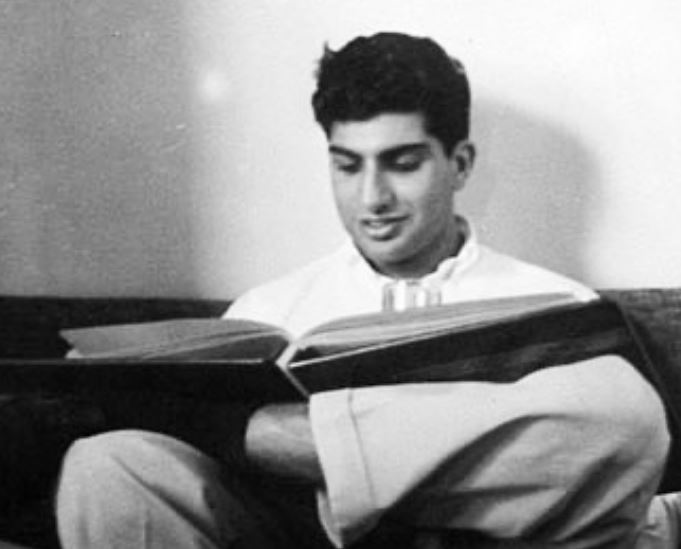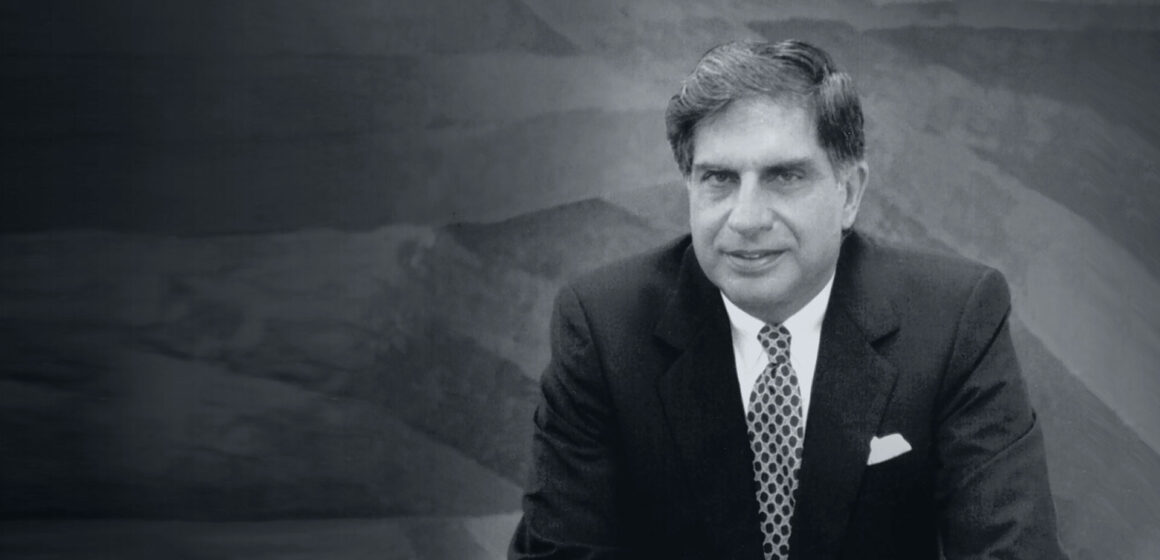Ratan Tata, one of India’s most iconic and respected business leaders, is renowned for his visionary leadership and relentless drive to propel the Tata Group onto the global stage. His journey at the helm of Tata Sons, the holding company of the Tata Group, is a testament to his commitment to innovation, social responsibility, and global expansion. Under his leadership, Tata Group evolved from being an Indian-centric conglomerate to becoming a diversified global powerhouse with a presence in over 100 countries. This article delves into Ratan Tata’s undying legacy and how his transformative leadership shaped the Tata Group into the giant it is today.
Early Life and Entry into Tata Group

Born into the prestigious Tata family on December 28, 1937, Ratan Tata’s early life was marked by privilege, but also by challenges. After completing his education at Cornell University and the Harvard Business School, Ratan Tata returned to India to join the Tata Group in 1962, starting as a general worker on the shop floor of Tata Steel in Jamshedpur. This grounding experience helped him understand the fundamentals of the business and the importance of connecting with employees at all levels.
Ratan Tata took over as the chairman of Tata Sons in 1991, a time when India was experiencing economic reforms and liberalization. Under his leadership, the Tata Group adapted swiftly to the new environment, capitalizing on the opportunities that arose from a more open market.
Key Acquisitions and Global Expansion
One of Ratan Tata’s most significant contributions was his focus on making Tata Group a truly global company. He believed in international acquisitions as a strategic pathway for growth and competitiveness. Under his leadership, the Group made several high-profile acquisitions that catapulted the Tata name onto the world stage.
Tata Tea’s Acquisition of Tetley (2000): One of Ratan Tata’s earliest and most ambitious moves was Tata Tea’s acquisition of the British brand Tetley for $450 million. This deal marked the first step in the group’s global expansion, making Tata the second-largest tea company in the world.
Tata Steel’s Acquisition of Corus (2007): In what was one of the largest foreign acquisitions by an Indian company, Tata Steel acquired Anglo-Dutch steelmaker Corus for $12.9 billion. The deal transformed Tata Steel into one of the top ten steel producers globally and significantly enhanced its presence in Europe.
Acquisition of Jaguar Land Rover (2008): Perhaps one of the most high-profile acquisitions under Ratan Tata’s leadership was Tata Motors’ purchase of the British luxury car brands Jaguar and Land Rover from Ford for $2.3 billion. Despite skepticism at the time, the acquisition turned out to be a resounding success, with JLR becoming a major contributor to Tata Motors’ profits.
Tata Consultancy Services (TCS): While acquisitions were a key strategy, Ratan Tata also nurtured home-grown ventures. TCS, under his leadership, expanded rapidly to become one of the world’s largest IT services companies, making the Tata Group a significant player in the global technology sector.




Leave a Reply